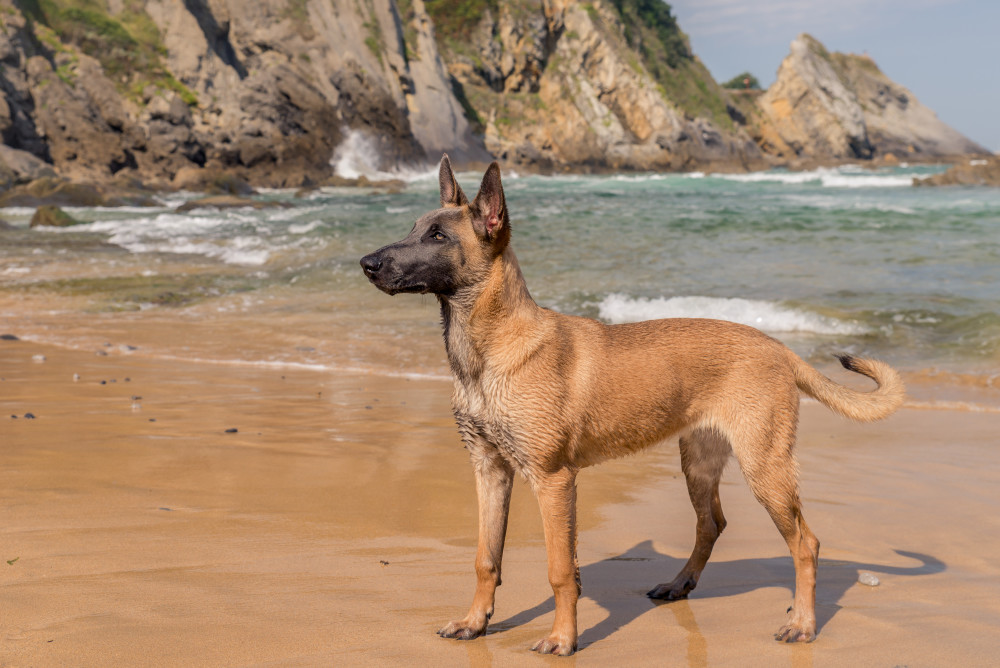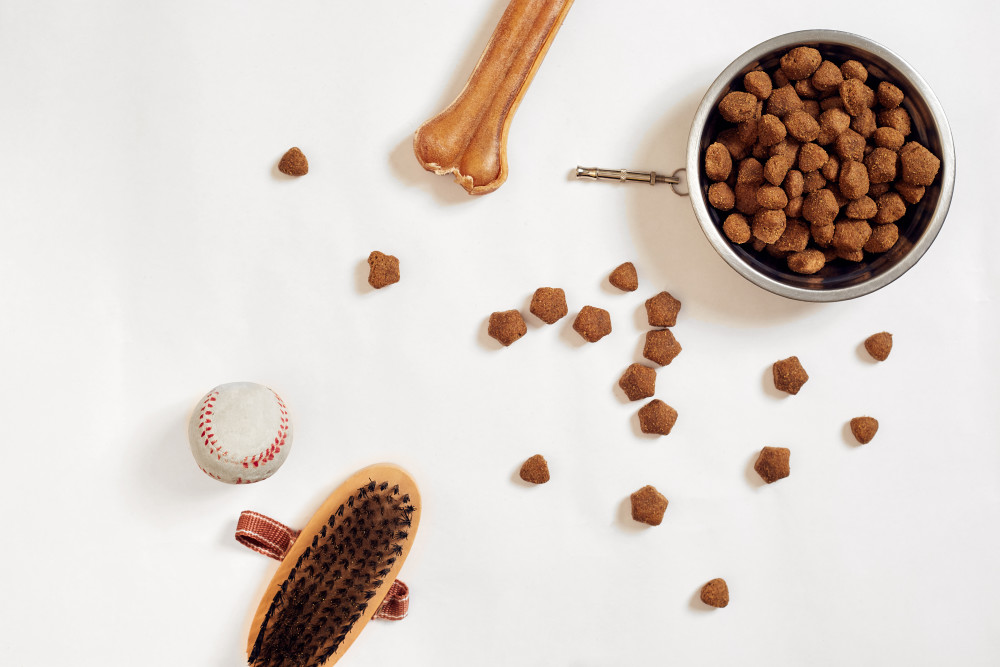Belgian Malinois

Belgian Malinois Overview
Upon first glance, you might mistake the Belgian Malinois for a German Shepherd. While they’re both from the same family of Belgian herding dogs, Belgian Malinois are the fawn coloured, slightly more elegant cousin. Highly smart and athletic, these dogs are often found working as police dogs, guard dogs and part of search and rescue teams. They also “work” as family companions—Belgian Malinois are loyal to their owners, and probably think of you as having a buddy-buddy cop duo dynamic.
This breed needs a higher than usual dose of daily stimulation, exercise and socialization to ward off the more destructive side that emerges when they get bored: chewing, ripping, barking and nipping at or trying to herd humans in the household. They’re extra active, and love to engaged in structured outdoor activities. They act like tough guys, but Belgian Malinois are sensitive on the inside—they hate being left alone, and all they truly want is to jog or hike alongside their owners.
Because they were first bred to herd livestock, these dogs have a strong work ethic and love completing tasks, from agility courses to retrieving a frisbee. Because of their bold personalities and the time and attention they need to live their best life, Belgian Malinois are best suited to experienced dog owners who spend a lot of time outdoors.
Did you know?
The U.S. Secret Service uses Belgian Malinois dogs to guard the White House.
Belgian Malinois Stats
Kid-Friendly
Good with other animals
Intelligent
Easy to train
Working dog
Caring for your breed
Daily kibble serving
3-5 cups
Daily exercise
2-5 hours
Grooming frequency
Brushed Weekly

Feeding your Belgian Malinois
Like a high-performance athlete, working and sport dogs need proper nutrition to maintain their energy levels and muscle mass. As with most puppies, Belgian Malinois need food with lots of protein to so they grow big and strong. As they mature, that diet should shift to high-quality adult dog kibble. They might have lean bodies, but don’t overfeed your Belgian Malinois—even this active breed can become obese. Like all dogs, their food intake should be reassessed for age, weight, health and activity level.